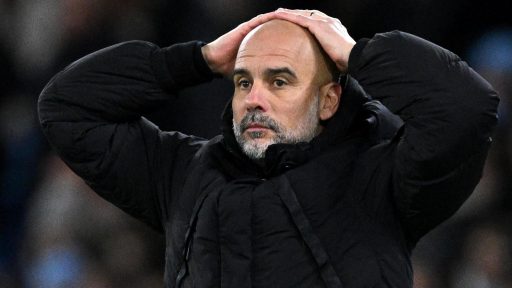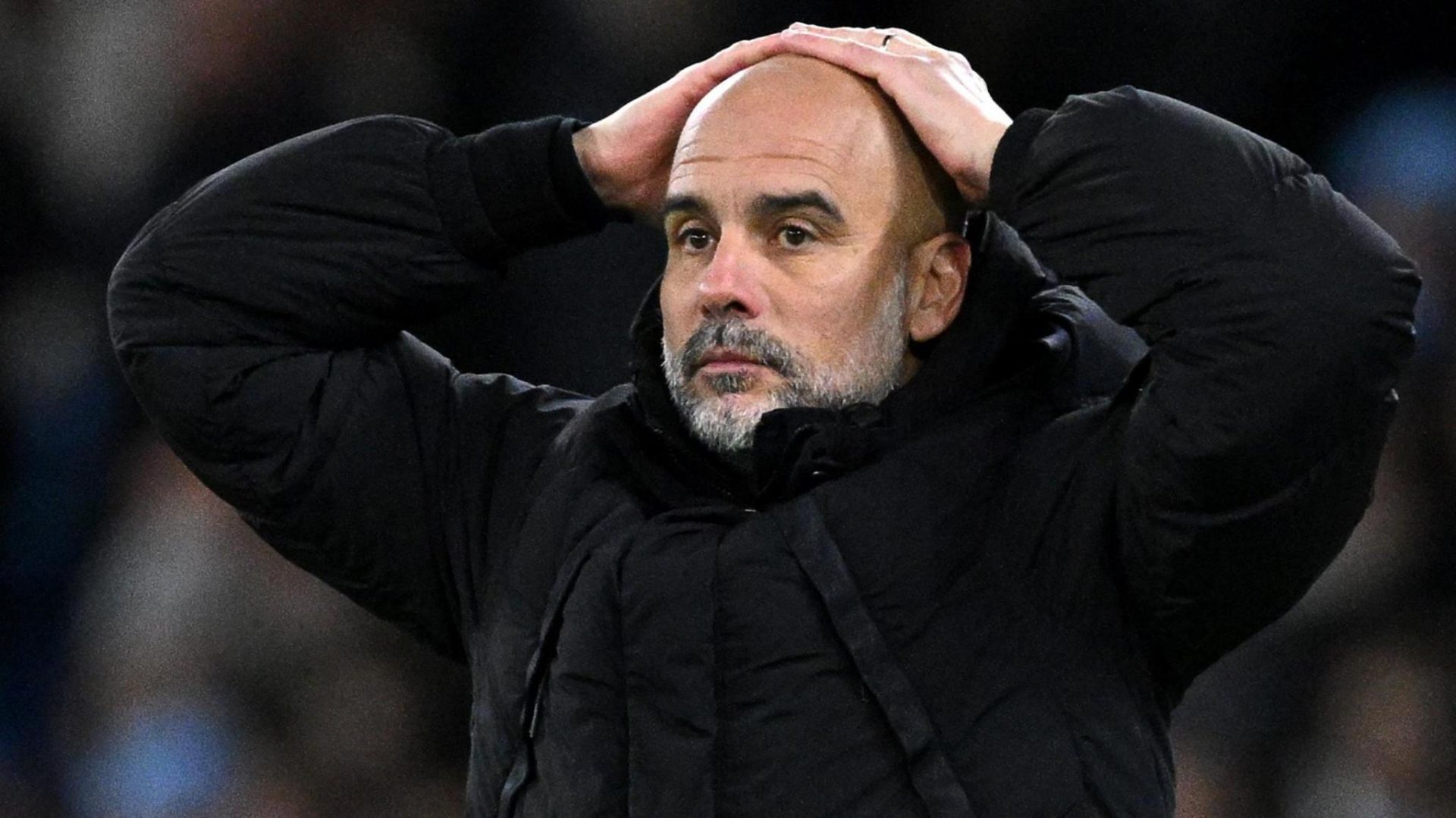Instant Access
No Waiting, Start Streaming Now
24/7 Support
Always Here to Help
Multi-Device
Watch on Any Screen
8K Quality
Crystal Clear Streaming


Instant Access
No Waiting, Start Streaming Now
24/7 Support
Always Here to Help
Multi-Device
Watch on Any Screen
8K Quality
Crystal Clear Streaming
In teh high-stakes world of football, where every decision can reverberate throughout a season, the intricacies of player dynamics and game strategy frequently enough surface in unexpected ways. Recently,Manchester City manager Pep Guardiola found himself at the center of a curious moment when star striker erling Haaland declined the opportunity to take a pivotal penalty.As the match unfolded, Guardiola’s candid admission—”I don’t know”—spurred questions not onyl about the decision-making process on the pitch but also the evolving relationship between coach and player. In this article, we delve into the implications of this incident, examining how individual choices and team psychology can shape the narratives of the gorgeous game.
Manchester City found themselves in a pivotal moment during their clash with Arsenal when a penalty was awarded late in the first half. Curiously, it wasn’t Erling Haaland — the team’s go-to penalty taker — who stepped up to the spot. Instead, midfielder Rodri took the responsibility, a decision that not only puzzled fans but also led to Pep Guardiola expressing candid uncertainty in the post-match interview. “I don’t know why,” Guardiola admitted when asked about the situation, leaving room for speculation about a possible impromptu change on the field or miscommunication among the squad.
Fans and experts alike are now left wondering whether Haaland, known for his clinical finishing, deliberately passed the chance or if tactical adjustments came into play. Key talking points during the incident include:
While Rodri’s attempt was saved with a sharp dive from arsenal’s goalkeeper, the decision left City fans with mixed emotions, many questioning what might have been had Haaland taken the decisive shot.
Manchester City manager Pep Guardiola appeared visibly perplexed during a post-match interview when asked why Erling Haaland stepped aside during a crucial penalty moment. Known for his clinical precision from the spot, many fans expected Haaland to step up, but the responsibility was handed to another teammate instead. Guardiola admitted candidly, “I don’t know why Erling didn’t take it.” The incident has sparked curiosity among supporters, especially given Haaland’s notable penalty record since joining the club.
| Key Players | Penalty Goals (Season total) |
|---|---|
| Erling Haaland | 12 |
| Julian Alvarez | 3 |
| Riyad mahrez | 2 |
the decision not to have Erling haaland step up for the penalty could ripple through the locker room in ways both subtle and overt. Team roles and expectations may come under scrutiny, especially when a player of haaland’s caliber, known for his clinical finishing, isn’t given the opportunity to deliver in high-stakes moments. players may begin to question the hierarchy in decisive scenarios, potentially fostering silent tensions if clarity isn’t established soon. At the same time, fans and pundits could fuel speculation, adding external pressure that might seep into the squad’s cohesion.
Such incidents can also serve as a catalyst for deeper conversations or adjustments within the team’s dynamic. Possible reactions from teammates might include:
To add further context,here’s a simple breakdown of roles during set-pieces based on initial match charts:
| Player | Primary Role | Backup for Penalties |
|---|---|---|
| Kevin De Bruyne | Playmaker | Yes |
| Erling Haaland | Striker | No |
| Ilkay Gündoğan | Midfield Control | yes |
pending tactical review
Clear and effective communication during a match can often be the difference between converting key opportunities and facing confusion under pressure. To enhance coordination on the field, teams can adopt a more structured communication approach. Pre-defined signals—both verbal and non-verbal—can streamline decision-making. As a notable example,assigning specific code words for penalty takers or corner strategies ensures every player knows their role instantly. Additionally, focusing on body language awareness can help players pick up on non-verbal cues, especially in high-intensity moments.
To further foster in-game clarity, the implementation of a real-time hierarchy system could help assign responsibility in critical moments. For example:
| Scenario | Primary Communicator | Backup Option |
|---|---|---|
| Penalty Decisions | Captain | Top Scorer |
| Last-Minute Free Kicks | Set-Piece Specialist | Senior Player on Field |
In the world of football, where every moment is dissected and analyzed, Pep guardiola’s enigmatic response regarding Erling Haaland’s absence from the penalty spot adds another layer to the rich tapestry of the game. As fans and pundits alike speculate on the reasons behind the decision, it serves as a reminder that even the most calculated tactics can be shrouded in mystery. Whether it’s a matter of instinct, strategy, or something else entirely, the dynamics of a team are often a reflection of its complexity. As the season progresses, all eyes will remain on Haaland, Guardiola, and the unfolding narrative of Manchester City. one question lingers: in football, isn’t the unpredictability part of the allure?
34,353
Live TV Channels
162,404
Movies
27,802
Series
284,023
Total Subscriptions
139,854
Users Online
142,887
Total Resellers

